What Happened to Our Creativity, and Can AI Help Us Get It Back?
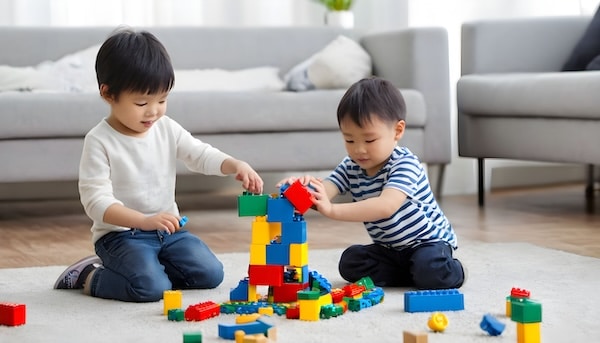
In our recent Level Up podcast episode, “Trades, Tech, and Tomorrow,” we sat down with Mikhail Reece—a sharp, dynamic thinker who said something that has stuck with me ever since.
Mikhail said that as kids, we are all naturally creative. It’s part of who we are. But somewhere along the way, that instinct fades. It got me thinking—what happens to our creativity? Why do we start operating in more rigid, structured ways as we get older? Creativity becomes something we have to make time for instead of something we simply are.
That struck me hard. In that moment, I could see my own life—and the lives of people I know—through that lens. It was a moment where an internal feeling was externally articulated, and now I could explore that previously undefined curiosity.
How We Lose What Comes Naturally
When I think back to my own childhood, I remember hours of unstructured free time. All I needed was my friends, the outdoors, and perhaps some kind of ball, bike, or just our imagination. There were no rules or a “right” way. Activity was the only goal.
What changed from my youth to now? I think we must start with what children are exposed to and how that impacts creativity. We can start with childcare, school, and even recreational activities.
- Childcare and early school years replaced open-ended exploration with time blocks, lesson plans, and worksheets that had “right” answers.
- Elementary and middle school drilled us toward tests, with grades as the proof of our value.
- Recreational time shifted from spontaneous games to “organized sports” and activities—with practice schedules, drills, and coaches telling us exactly where to be and how to move.
These systems weren’t designed to squash creativity. They were designed for safety, efficiency, and scale. But somewhere in that process, the part of us that made up the rules, explored without fear, and saw ten different possibilities in a pile of cardboard… started to go quiet.
My Own Realization
As Mikhail spoke, I thought about how much of life has been built around efficiency and structure. We’re constantly drilled on getting better at organizing, optimizing, and managing tasks. That has value, no doubt. But it also means that creative ideas—especially the big, messy, half-formed ones—often get pushed to the margins.
With AI, many of those skills we had to develop to exist in today’s systems will be performed by the algorithm. And that’s okay. We should not fear that.
Why This Matters
I think Mikhail’s point is bigger than nostalgia for childhood playtime. It’s about recognizing that creativity is a human default. And if our systems have chipped away at it, we need to be intentional about finding ways to restore it.
For me, AI has become one of those intentional tools. Not because it’s “creative” in the human sense, but because it not only gives me back the time and mental space I need to think, imagine, and experiment again—it extends what I am capable of and efficiently handles the artificial skills I had to learn.
Maybe the future isn’t about replacing humans with technology—human creativity can never exist in a microchip. Perhaps this is about technology giving us exactly what we need to reconnect with what we were born with.
Final Thought
At Dealing With Debt, we believe stability—financial, emotional, and personal—creates room for that kind of rediscovery. Our mission is to reduce financial stress, build confidence, and create a more stable future—so you can focus on the things that light you up, whether that’s building a business, writing your story, or simply coloring outside the lines again.

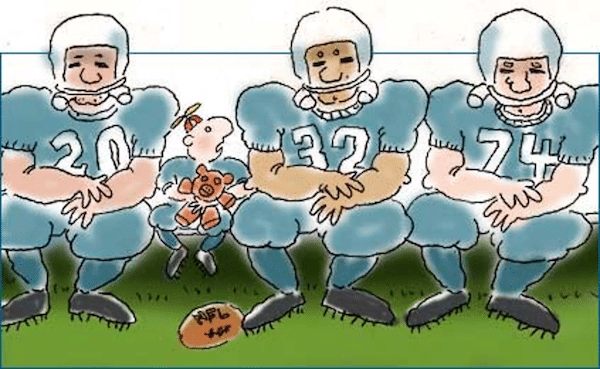
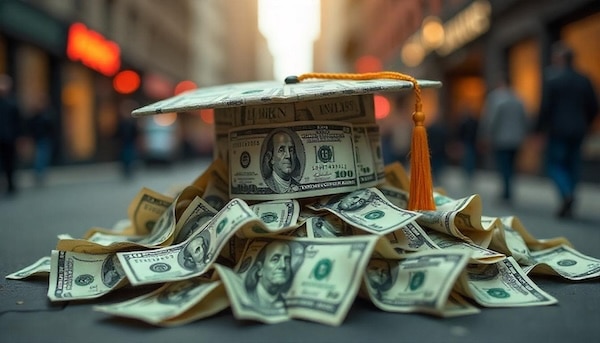
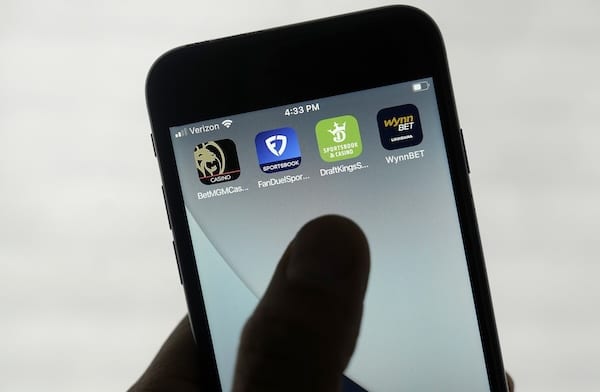
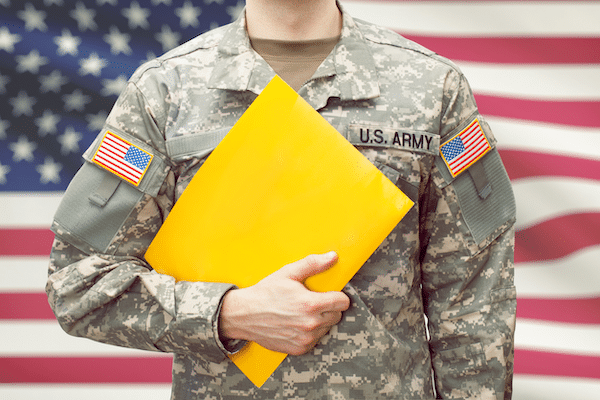
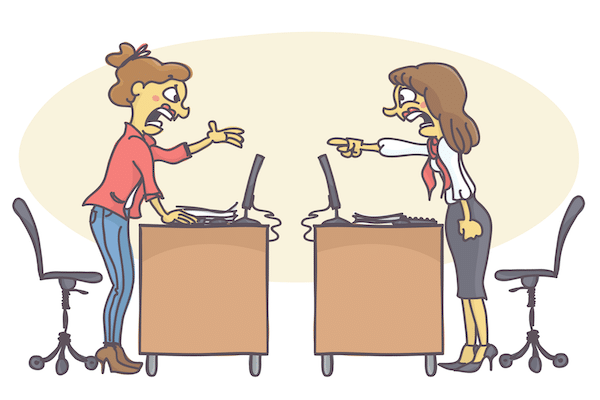
Responses